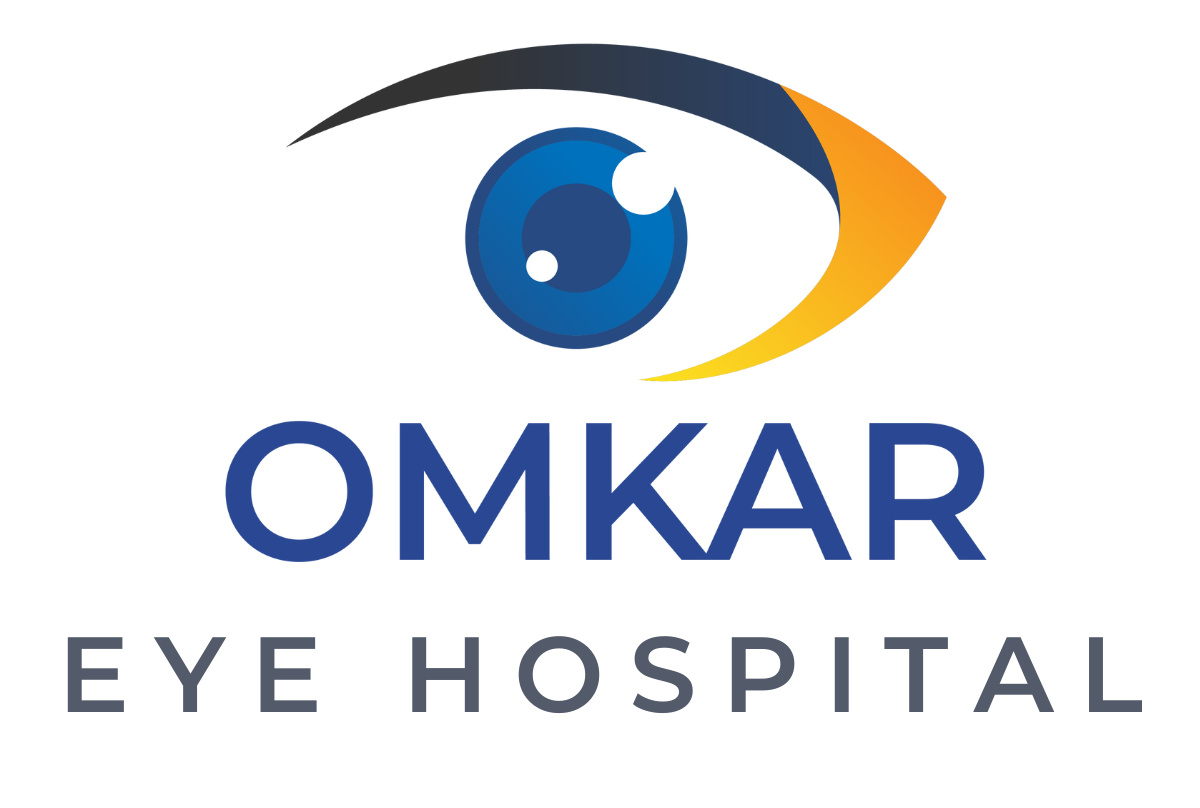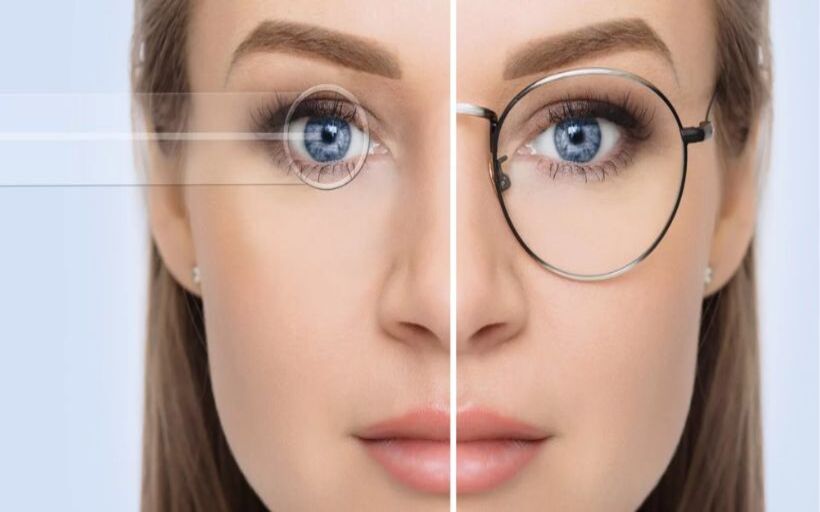Thinking about ditching your glasses or contact lenses for good? LASIK eye surgery could be the solution you’ve been looking for. This popular procedure has transformed vision for millions, offering clear sight with minimal recovery time. However, before you go under the laser, you should know a few key things—both before and after surgery.
Before LASIK: Preparing for the Procedure
Is LASIK Right for You?
Not everyone is a perfect candidate for LASIK, and that’s okay. A thorough eye exam by a professional will determine if your eyes are suitable for the surgery. Factors like cornea thickness, prescription stability, and overall eye health play an important role. If you're considering LASIK eye surgery, it's important to discuss these factors with your ophthalmologist.
Understand the Expectations
LASIK can do wonders for your vision, but it’s not always a perfect fix. Most people experience significant improvement in their vision, but results can vary. Some may still need glasses for activities like reading or driving at night. It’s important to go into the procedure with realistic expectations. Your doctor will guide you on what LASIK can achieve based on your unique vision needs.
What to Do Before Surgery
A few days before your procedure, you’ll likely be asked to stop wearing contact lenses and switch to glasses. This helps the cornea return to its natural shape, ensuring accurate measurements for the surgery. Your doctor will provide specific instructions, such as not using eye makeup or creams on the day of surgery.
Nervous? That’s Normal
It’s perfectly normal to feel a bit anxious before LASIK surgery. The good news is that the procedure itself is quick—usually around 15 minutes—and painless. Numbing drops are applied to your eyes, and you’ll be awake during the surgery, but you won’t feel discomfort. Trust the process and your surgeon's expertise to guide you through.
After LASIK: What to Expect and How to Care for Your Eyes
The Immediate Aftermath
Right after your surgery, your vision may be a little blurry, and your eyes might feel irritated or dry. This is completely normal. You’ll be given medicated eye drops to reduce inflammation and prevent infection. Resting your eyes is important, so you might want to avoid screens and bright lights for the first few hours.
Healing Time is Quick
The beauty of LASIK is that most people notice improved vision just a day or two after the procedure. However, full recovery can take a few weeks, during which your vision may fluctuate. Don’t worry if your sight isn’t crystal clear immediately. Stick to your follow-up appointments, as they are important in ensuring your eyes are healing properly.
Protect Your Eyes
Your eyes will be more sensitive than usual for the first few weeks after surgery. Sunglasses will become your best friend, especially outdoors. Avoid rubbing your eyes, as this can interfere with healing. If you’re thinking about getting LASIK eye surgery, make sure to ask your doctor about post-op care and any specific recommendations.
Long-Term Care
Though the recovery process is generally quick, it’s important to continue taking care of your eyes after surgery. Use artificial tears as needed to keep your eyes moist, avoid smoky or dry environments, and attend all scheduled follow-up visits with your ophthalmologist. Regular eye exams will help ensure your eyes remain healthy after LASIK.
LASIK is a life-changing procedure that offers clearer vision and greater convenience. By preparing properly and taking care of your eyes post-surgery, you can ensure the best results. Whether you’re excited or a little nervous, knowing what to expect before and after LASIK will give you peace of mind as you start a new chapter with better vision.
And if you’re considering a LASIK eye surgery in Chinchwad, schedule a consultation with our expert at Omkar Eye Hospital. Our expert will guide you through the entire process and ensure your smooth journey.


